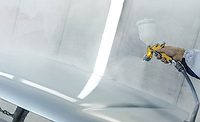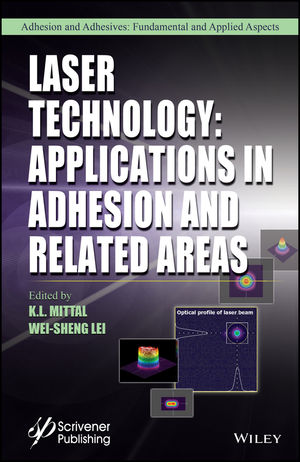SIFCO ASC Increases Throughput and Shortens Lead Time With In-House Plating Process

Following working with SIFCO ASC on a plating application for an engine component for many years, Polamer Precision harnessed the expertise of SIFCO ASC’s engineers to bring the process in-house. The move helps Polamer to increase throughput, save costs and ensure complete ownership of the quality management process.
Selective Plating In the Aerospace Industry
Aerospace components need to be able to withstand friction, high temperatures and corrosive environments while continuing to operate at optimum levels. Performance and reliability of components are paramount, while stringent regulations and market competition mean that manufacturers need to find innovative solutions to fulfill requirements.
Selective plating offers a method of electroplating localized areas without the use of an immersion tank. When compared with traditional tank plating methods, the process uses a lower volume of chemicals, offering a reduced environmental impact at a lower cost. Deposits have excellent adhesion and can be plated at rates that are 30 to 60 times faster than conventional tank plating.
Custom Plating Workstation
Thomas Chapman, Northeast Sales Manager at SIFCO ASC, said, “The process was previously completed by one of our network of job shops, which undertook the plating process from start to finish.
“In order to increase throughput, shorten lead-times and meet increased demand, we worked with the team at Polamer Precision to specify and install a custom workstation, enabling them to incorporate the process into their own production line.”
The workstation itself is constructed of heavy-duty, chemical resistant polypropylene and is designed with operator comfort and ease of use in mind. The work surface is designed to accommodate auxiliary equipment, including the AeroNikl® Flow System, which is used for this particular application.
The in-house facility also features tooling and mounting fixtures, including programmable control software for the power pack, which has been designed to identify and reduce special cause variation and reduce re-work.
Programmable Control Software and Process Control Tracking
The programmable control software allows Polamer to monitor and control the process in two ways. First, it gives the company the ability to passively monitor the process by manually adjusting the volts, amps and ampere hours. For tighter process control, the software also facilitates active programming of all steps, mitigating the likelihood of operator error.
In bath plating control processes, similar types of process control tracking software packages are often limited to monitoring per batch of parts. What is unique about SIFCO ASC’s process control tracking is that unlike bath plating, it monitors plating parameters per plating surface.
Accordingly, not only can Polamer collect process control data on a part-by-part basis, they can further collect specific information on the surfaces on individual parts. Achieving this more granular level of data collection allows Polamer Precision to continually implement incremental improvements to its quality management program (QMP).
The Benefits of Bringing the Process In-House
Derek Waszczuk, VP of Operations at Polamer Precision, explained, “By bringing our plating operation in-house, we’ve been able to double our output and reduce lead time by eliminating the need to ship products to an outside supplier.
“Strict quality control is a key facet of our operations. The system gives us complete ownership of the manufacturing and quality control process, from raw material through to delivery, allowing us to better serve our customers.”
For more about SIFCO ASC and its solutions, visit www.sifcoasc.com.
Looking for a reprint of this article?
From high-res PDFs to custom plaques, order your copy today!








